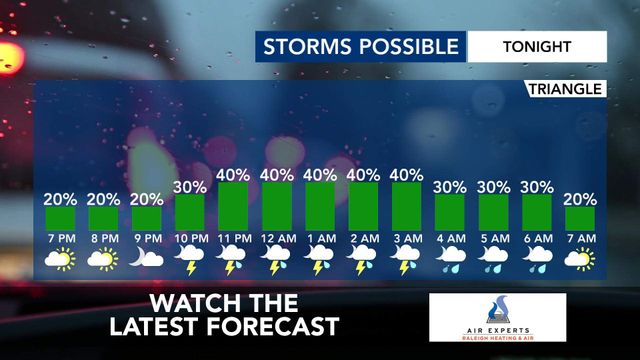House votes to override Cooper veto of partisan judicial elections bill
House members voted primarily along party lines Wednesday to override Gov. Roy Cooper's veto of legislation that would require anyone seeking election to a trial court judgeship to run under a party label.
Cooper issued his first veto last Thursday, saying House Bill 100 introduces too much politics into state courtrooms.
Until the 1990s, North Carolina elected judges in partisan races, but lawmakers at the time, including Cooper, who was then a state senator, voted to have judges run without Republican or Democratic labels to better insulate them from political pressure.
Critics say that nonpartisan races remove the little bit of information that some voters will know about a judge – whether they're Republican or Democrat – from the ballot. They also point out that political parties have always distributed slate cards at the polls playing up judges who share their political affiliation.
Rep. Justin Burr, R-Stanly, who sponsored the bill, said the lack of information about the political affiliations of judicial candidates has left voters "disenfranchised." He noted that 800,000 fewer people voted in the North Carolina Supreme Court race last fall than in the presidential race statewide, but about 500,000 of those voters did make selections in state Court of Appeals races, which were the only judicial races last fall with party labels next to candidates' names.
"(This bill) will restore the rights of the voters to know who they're voting for and to identify which political party these judges stand with," Burr said.
Rep. Joe John, D-Wake, a former judge, pleaded with House members not to throw trial court judges into the "muck and mire of partisan political elections."
"The role of a judge is distinct and separate from our role – often partisan – as legislators," John said. "Our trial judges must be independent arbiters who follow and apply and enforce the law. They must not be pandering politicians expressing opinions on the issues or, God forbid, grasping after votes with promises of rulings and decisions to come."
Rep. Amos Quick, D-Guilford, said attaching partisan labels to every elected office possible doesn't help move the state forward.
"The division of our nation and the division of our state among red and blue and R and D, at some point in time, it has to end," Quick said.
But Rep. John Blust, R-Guilford, said "judges are what they are," noting they are all registered as Republicans, Democrats, Libertarians or unaffiliated voters and already seek help from political parties to get elected.
"All this bill is going to do is put that R or D or U beside their names on the ballot so that people voting will know that information," Blust said. "It is inaccurate to say this bill creates the partisanship. The partisanship is there. This bill allows the public to know what's there when they vote."
The override effort now moves to the Senate.









